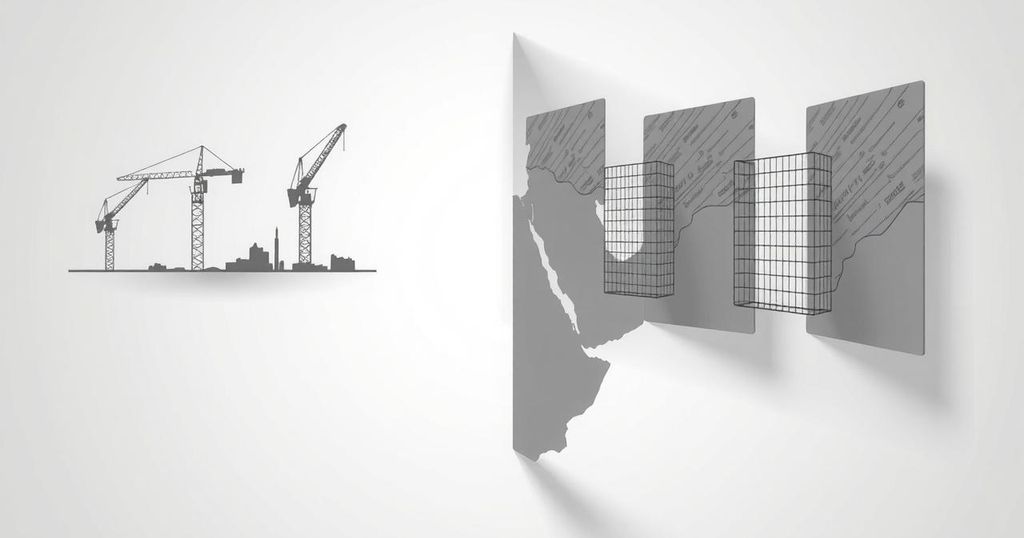Iran rebuffs Israeli accusations of supporting Hezbollah, claiming they hinder Lebanon’s recovery. It has called for global intervention against Israeli violence in the West Bank while reiterating its commitment to Palestinian justice. Iran opposes Trump’s proposal for Gaza’s relocation and supports a Syrian government reflecting the people’s will. Diplomatic efforts are emphasized, alongside recent developments concerning the appointment of a new ambassador to the UK and protests against actions taken by Sweden.
In response to Israeli accusations, Iran has firmly dismissed claims that it is financially supporting Hezbollah, asserting that such allegations are unfounded and aimed at obstructing Lebanon’s reconstruction post-Israeli aggression. Esmaeil Baqaei, the spokesperson for Iran’s Foreign Ministry, indicated that these claims are part of a broader strategy to destabilize Lebanon’s recovery following Israel’s military actions.
Following a protracted conflict that resulted in significant Israeli losses, a ceasefire was established in November between Israel and Hezbollah. Amid escalating violence in the occupied West Bank, Baqaei called upon the international community to intervene and prevent further human rights violations. He raised alarms about a potential genocide occurring in the area despite a ceasefire in Gaza.
During a press briefing, Baqaei urged global powers to take meaningful action against the ongoing violence, insisting that the normalization of killing must be opposed. He reiterated Iran’s commitment to holding Israeli leaders accountable, supporting collaborative efforts aimed at bringing justice for Palestinians. An alliance formed in the Netherlands aims to pursue legal action against Israeli officials for their roles in the Gaza conflict.
Iran also decried former President Donald Trump’s proposal to relocate Gaza’s population, asserting that the Palestinian people should determine their own future without foreign intervention. Trump’s comments received widespread condemnation from Palestinian representatives, the United Nations, and regional authorities, including Egyptian President el-Sisi and Jordan’s King Abdullah II, who labeled it an injustice.
Concerning Syria, Baqaei emphasized Iran’s support for a government reflective of the Syrian people’s will, hoping for a transitional period that leads to inclusivity. Additionally, he announced the appointment of Ali Mousavi as Iran’s new ambassador to the UK and condemned Sweden for detaining Mohsen Hakimollahi, a cleric, labeling the charges against him a human rights violation.
The ongoing tensions between Iran and Israel are marked by mutual accusations regarding support for militant groups such as Hezbollah. The recent statements from Iran reflect broader geopolitical dynamics and the impact of Israeli military actions on Lebanon’s post-conflict reconstruction. Furthermore, Iranian officials are emphasizing the need for international intervention in light of escalating violence against Palestinians, particularly in the West Bank. This context highlights Iran’s attempts to position itself as a defender of Palestinian rights and an opponent of U.S. influenced policies in the region.
Iran has unequivocally rejected Israeli claims of supporting Hezbollah, framing them as attempts to undermine Lebanon’s recovery. The Iranian government has called for international intervention amidst ongoing violence in the West Bank while asserting its commitment to holding Israel accountable for alleged human rights abuses. Additionally, Iran’s position on the rights of the people in Gaza and Syria illustrates its broader geopolitical ambitions.
Original Source: www.tehrantimes.com






